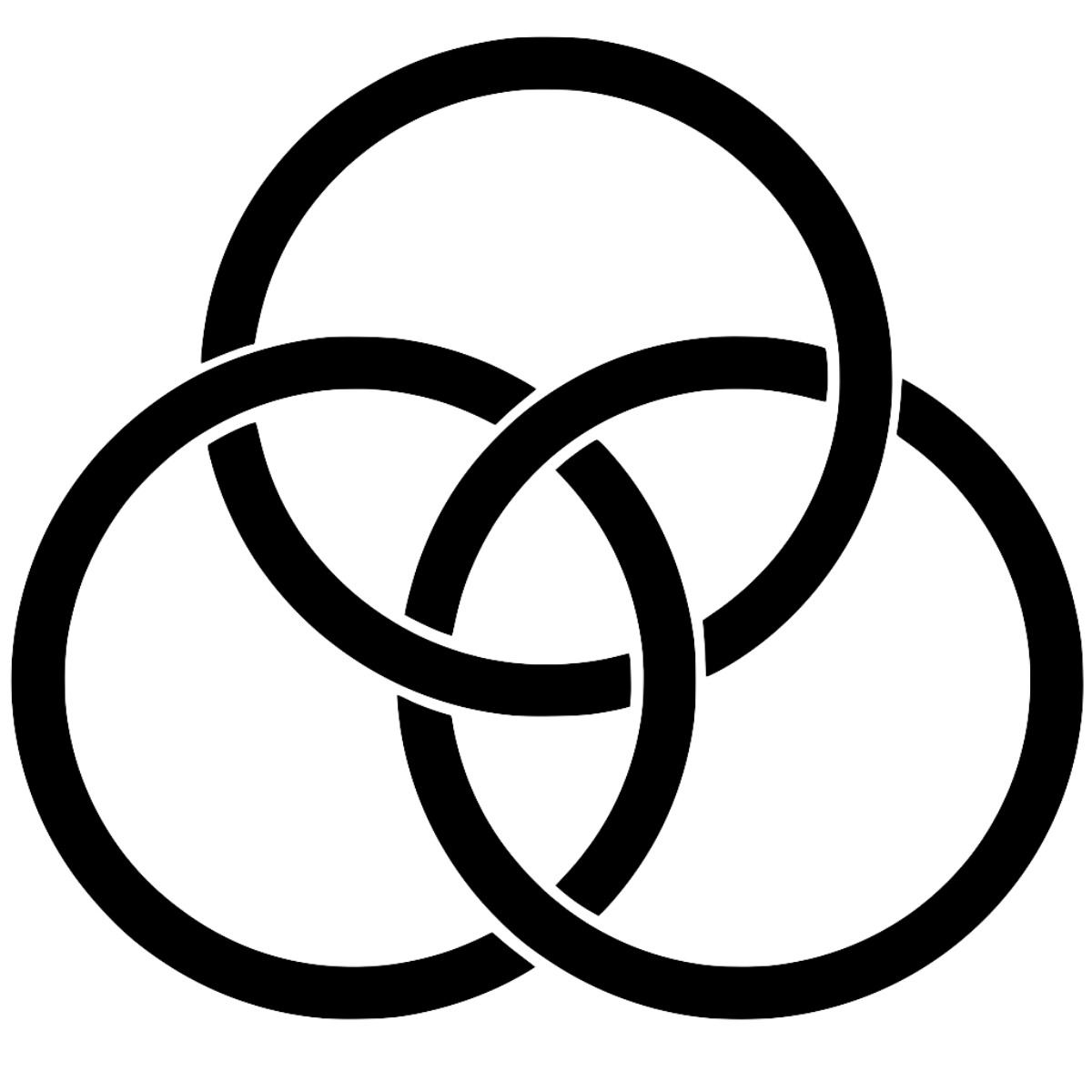Woman
Sigmund Freud
Femininity and Masculinity
Masculinity is taken by Freud as the paradigm; he asserts that there is only one libido, which is masculine, and that the psychical development of the girl is at first identical to that of the boy, only diverging at a later moment. Femininity is thus that which diverges from the masculine paradigm, and Freud regards it as a mysterious, unexplored region, a "dark continent."[1] The "riddle of the nature of femininity" comes to preoccupy Freud in his later writings, and drives him to ask the famous question, "What does woman want?"[2] Masculinity is a self-evident given, femininity is a zone of mystery:
Psychoanalysis does not try to describe what a woman is -- that would be a task it could scarcely perform -- but sets about enquiring how she comes into being, how a woman develops out of a child with a bisexual disposition.[3]
Jacques Lacan
Hysteria
In 1956, Lacan takes up the traditional association of hysteria with femininity, arguing that hysteria is in fact nothing other than the question of femininity itself, the question which may be phrased "What is a woman?". This is true for both male and female hysterics.[4] The term "woman" here refers not to some biological essence but to a position in the symbolic order; it is synonymous with the term "feminine position".
Lacan also argues that "there is no symbolization of woman's sex as such", since there is no feminine equivalent to the "highly prevalent symbol" provided by the phallus.[5] This symbolic dissymmetry forces the woman to take the same route through the Oedipus complex as the boy, i.e. to identify with the father. However, this is more complex for the woman, since she is required to take the image of a member of the other sex as the basis for her identification.[6]
Feminine Jouissance
Lacan's most important contributions to the debate on femininity come, like Freud's, late in his work. In the seminar of 1972-3, Lacan advances the concept of a specifically feminine jouissance which goes "beyond the phallus";[7] this jouissance is "of the order of the infinite," like mystical ecstasy.[8] Women may experience this jouissance, but they know nothing about it.[9]
"Woman Does Not Exist"
It is also in this seminar that Lacan takes up his controversial formula, first advanced in the seminar of 1970-1, "Woman does not exist" (la femme n'existe pas),[10] which he here rephrases as "there is no such thing as Woman" (il n'y a pas La femme).[11] As is clear in the original French, what Lacan puts into question is not the noun "woman", but the definite article which precedes it. In French the definite article indicates universality, and this is precisely the characteristic that women lack; women "do not lend themselves to generalisation, even to phallocentric generalisation."[12]
Not-All
Hence Lacan strikes through the definite article whenever it precedes the term femme in much the same way as he strikes through the A to produce the symbol for the barred Other, for like woman, the Other does not exist. To press home the point, Lacan speaks of woman as "not-all" (pas-toute);[13] unlike masculinity, which is a universal function founded upon the phallic exception (castration), woman is a non-universal which admits of no exception.
"Woman is a Symptom of Man"
Lacan goes on in 1975 to state that a "woman is a symptom."[14] More precisely, a woman is a symptom of a man, in the sense that a woman can only ever enter the psychic economy of men as a fantasy object (a), the cause of their desire.
Feminist Theory
Lacan's remarks on woman and on feminine sexuality have become the focus of controversy and debate in feminist theory. Feminists have divided over whether to see Lacan as an ally or an enemy of the feminist cause. Some have seen his theories as providing an incisive description of patriarchy and as a way of challenging fixed concepts of sexual identity.[15] Others have argued that his concept of the symbolic order reinstates patriarchy as a transhistorical given, and that his privileging of the phallus simply repeats the alleged misogynies of Freud himself.[16]
See Also
References
- ↑ Freud, Sigmund. The Question of Lay-Analysis, 1926e. SE XX, 212
- ↑ Freud, Sigmund. New Introductory Lectures on Psycho-Analysis, 1933a. SE XXII, 113
- ↑ Freud, Sigmund. New Introductory Lectures on Psycho-Analysis, 1933a. SE XXII, 116
- ↑ Lacan, Jacques. The Seminar. Book III. The Psychoses, 1955-56. Trans. Russell Grigg. London: Routledge, 1993. p. 178
- ↑ Lacan, Jacques. The Seminar. Book III. The Psychoses, 1955-56. Trans. Russell Grigg. London: Routledge, 1993. p.176
- ↑ Lacan, Jacques. The Seminar. Book III. The Psychoses, 1955-56. Trans. Russell Grigg. London: Routledge, 1993. p. 176
- ↑ Lacan, Jacques. Le Séminaire. Livre XX. Encore, 1972-73. Ed. Jacques-Alain Miller. Paris: Seuil, 1975. p. 69
- ↑ Lacan, Jacques. Le Séminaire. Livre XX. Encore, 1972-73. Ed. Jacques-Alain Miller. Paris: Seuil, 1975. p. 44
- ↑ Lacan, Jacques. Le Séminaire. Livre XX. Encore, 1972-73. Ed. Jacques-Alain Miller. Paris: Seuil, 1975. p. 71
- ↑ Lacan, Jacques. (1973a) Télévision, Paris: Seuil, 1973 [Television: A Challenge to the Psychoanalytic Establishment, ed. Joan Copjec, trans. Denis Hollier, Rosalind Krauss and Annette Michelson, New York: Norton, 1990]. p.60
- ↑ Lacan, Jacques. Le Séminaire. Livre XX. Encore, 1972-73. Ed. Jacques-Alain Miller. Paris: Seuil, 1975. p. 68
- ↑ Lacan, Jacques. "Conférence à Genève sur le symptôme", 1975b. Les Block-Notes de la psychanalyse, Brussels.
- ↑ Lacan, Jacques. Le Séminaire. Livre XX. Encore, 1972-73. Ed. Jacques-Alain Miller. Paris: Seuil, 1975. p. 13
- ↑ Lacan, Jacques. (1974-5) Le Séminaire. Livre XXII. RSI, 1974-75, published in Ornicar?, nos. 2-5, 1975. Seminar of 21 January 1975.
- ↑ Mitchell, Juliet and Rose, Jacqueline (eds) (1982) Feminine Sexuality: Jacques Lacan and the école freudienne, London: Macmillan.
- ↑ Gallop, Jane. (1982) Feminism and Psychoanalysis: The Daughter's Seduction, London: Macmillan. ; Grosz, Elizabeth. (1990) Jacques Lacan: A Feminist Introduction, London and New York: Routledge.
